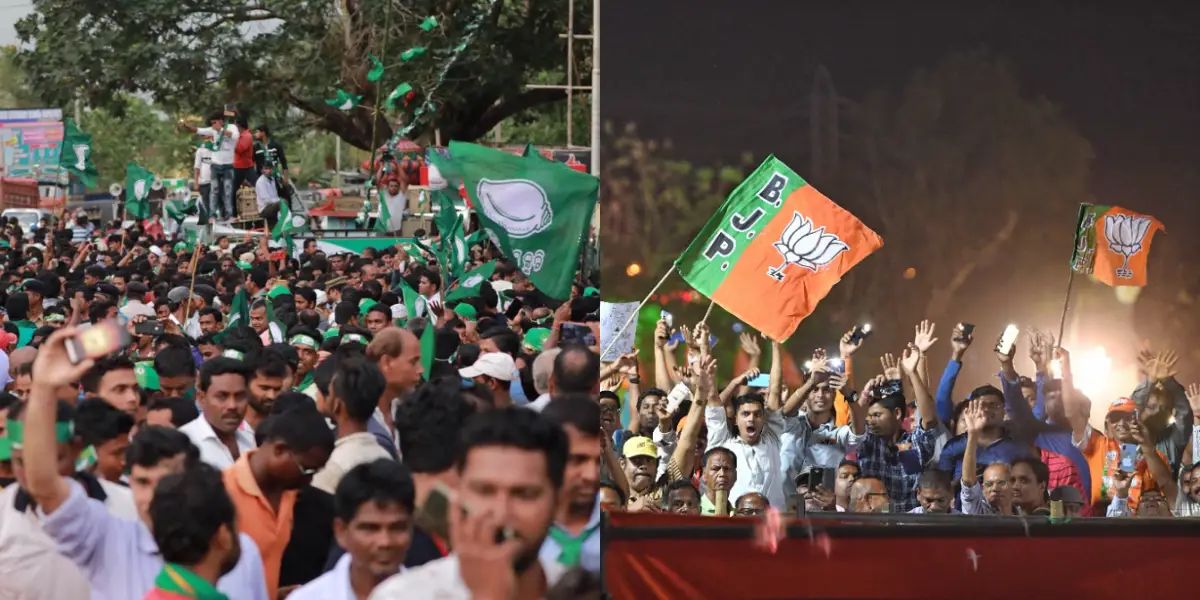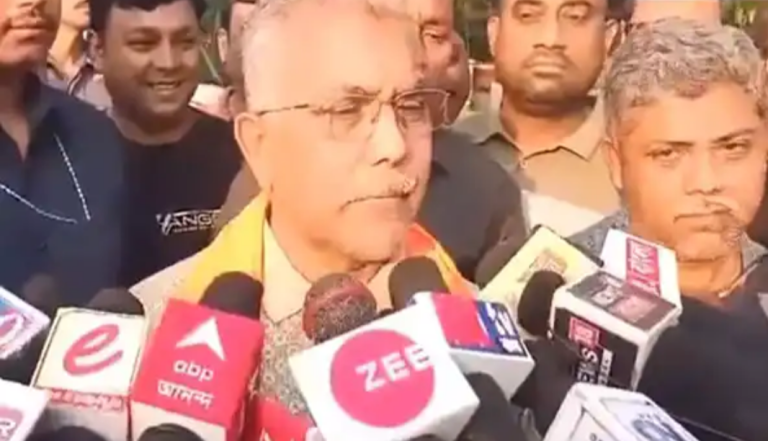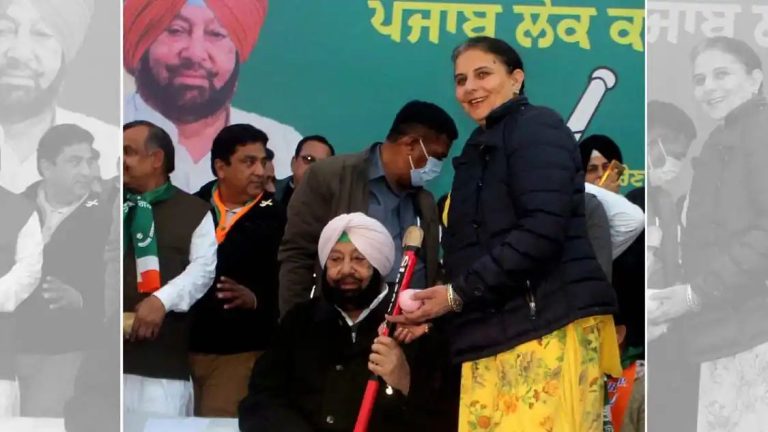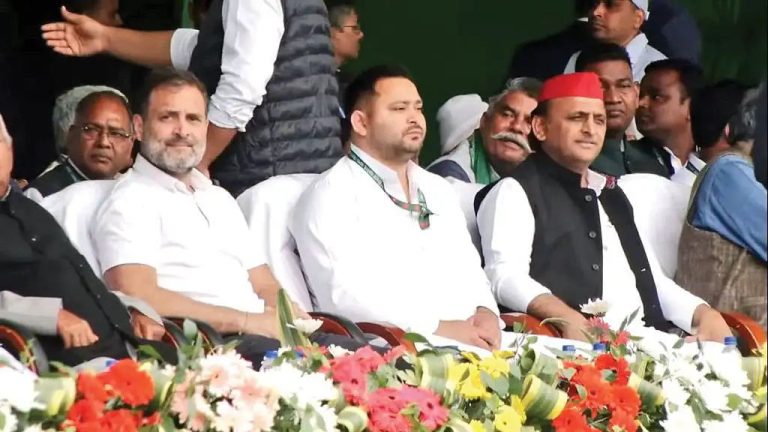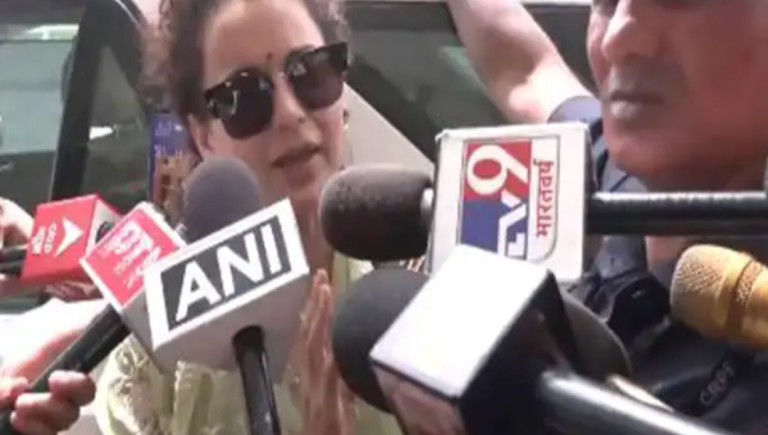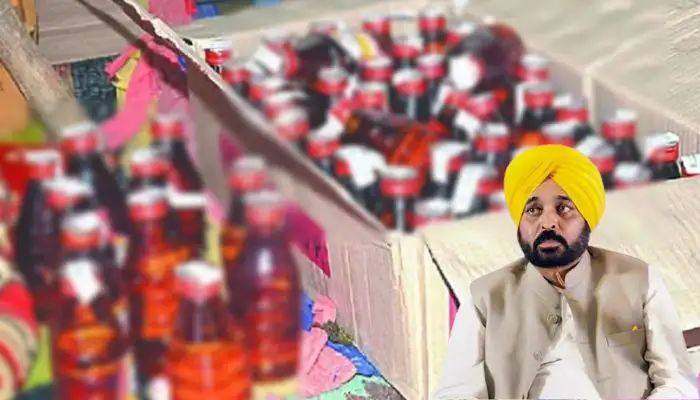Following Failure in Alliance Talks, BJP and BJD Gear Up to Face Each Other as Rivals
Assembly and Lok Sabha elections are being held simultaneously in Odisha, where voting will take place in four phases beginning May 13.
The collapse of the much-discussed alliance talks has prompted the BJP to declare its candidates for 18 of the of 21 Lok Sabha seats in the state. It has replaced four of its sitting MPs, including Union minister Biseswar Tudu.
The party has named new candidates for Sambalpur, Bargarh, Mayurbhanj and Kalahandi seats. The focus, though, will be on Sambalpur, where sitting MP Nitish Gangdev has made way for Union minister Dharmendra Pradhan.
While Bishweswar Tudu has been replaced in Mayurbhanj by sitting Rairangpur MLA Naba Charan Majhi, the party has named former MLA Pradeep Purohit from Bargarh, axing sitting MP Suresh Pujari.
Similarly, Malvika Keshari Deo, wife of the scion of the erstwhile Kalahandi royal family and former Kalahandi MP Arka Keshari Deo, has eased out incumbent Basanta Panda in the Kalahandi seat.
BJP sources said that the party will announce its candidates for the other three Lok Sabha seats and 147 assembly seats in the state soon.
The BJD, which has ruled the state for the last 24 years (including nearly nine years in alliance with the BJP), is also in the final stages of clearing its list of candidates for both the state assembly and the Lok Sabha.
Had the alliance talks succeeded, the two parties, which are currently the main political rivals in the state, would have formed a poll partnership after a gap of 15 years.
Sources said that alliance talks, which began in earnest soon after Prime Minister Narendra Modi’s March 5 visit to the state, got stuck on the issue of seat sharing, with both sides refusing to budge from their respective positions.
It is being said that the BJP asked for more seats citing its rise nationally and anti-incumbency against the BJD, which the latter party rejected. Photo: X/@BJP4Odisha.
Another factor contributing to the failure of talks was the insistence of leaders on both sides for certain assurances which either side found hard to concede.
Unable to break the stalemate even after several rounds of negotiations, the two sides decided to call it quits.
On March 22, after days of protracted negotiations, BJP state president Manmohan Samal announced that the party would fight alone on all the Lok Sabha and assembly seats in the state ‘to create a developed India and a developed Odisha under the visionary leadership of Prime Minister Narendra Modi’.
Hours later, BJD organisational secretary Pranab Prakash Das said that the regional party would not only contest all the seats on its own strength but also win more than a ‘three-fourths’ majority under the leadership of chief minister Patnaik.
People in the know confide that in the initial round of talks, the two sides had almost reached an agreement under which the BJP was to get around 47 assembly seats and 14 Lok Sabha seats. This was keeping in mind their respective needs.
‘Since the BJP was more keen on increasing its Lok Sabha tally to reach the target of 400 at the all-India level, they wanted more Lok Sabha seats in Odisha,’ said the source.
‘Similarly, the BJD, being keen on winning a straight sixth term in power in the state, wanted the lion’s share of assembly seats. There was initial agreement over this arrangement, but later, some leaders on both sides started making demands which neither side was willing to meet.’
It is being said that as the negotiations progressed, the BJP insisted on being given 65 assembly seats and 15 Lok Sabha seats.
Party leaders argued that the BJP was on the rise all over the country and Odisha, where the Naveen Patnaik regime was bound to face anti-incumbency after 24 years of rule, was no exception.
The BJD, however, found the demand ridiculous and rejected it outright.
Sources said while the BJP sought assurances from the BJD on certain Lok Sabha seats including Cuttack, where it wanted a ‘friendly’ candidate, the regional party asked for similar assurances from the BJP for chief minister Naveen Patnaik’s key aide V.K. Pandian, who joined the BJD a few months ago after taking voluntary retirement from the IAS.
V.K. Pandian has been the eyes and ears of chief minister Patnaik since 2011. Photo: Twitter/@swayam4Odisha.
With no side willing to concede such demands, the negotiations reached a dead end and both parties decided to contest the ensuing elections on their own as they have been doing since 2009.
Political analyst Surya Mishra agreed that alliance talks failed primarily because leaders on both sides refused to budge from their respective stands on the issue of seats.
‘Equally importantly, the BJP wanted candidates of its choice on certain BJD seats like Cuttack, which was not acceptable to the regional party,’ said Mishra, who feels that the failure of alliance talks will hurt the BJD more than the BJP.
‘The popularity of the BJD has gone down in the last few years as the benefits of its welfare schemes are not reaching every targeted beneficiary. Besides there is silent dissent within the party, which could affect its poll prospects,’ Mishra argued.
As it is, pre-poll defections are already taking place, with the BJD losing two sitting MLAs (both had been expelled by the party) and two former MLAs to the BJP, which is welcoming turncoats with open arms.
What is significant is that state leaders of both the BJP and BJD appear to be happy about the failure of the alliance talks, which they have termed a blessing in disguise.
Pradeep Purohit, who is the BJP’s candidate for the Bargarh Lok Sabha seat, said: ‘We are happy that alliance talks collapsed. We will do much better contesting the polls on our own strength. We are going ahead with our preparations at full throttle.’
Party MLA from Loisingha, Mukesh Mahaling, said: ‘There was resentment among our workers about forming an alliance with a party we had been fighting for the last 15 years. They are happy now that we are going to contest on our own. They will now work with full vigour.
‘It will be a neck-to-neck fight with the BJD and we may even form a government in the state on our own.’
The BJD appears equally confident about its prospects.
Party general secretary, Bijay Nayak, said: ‘The failure of alliance talks is not going to affect us in any way. In fact, we are confident of doing much better by contesting the elections on our own. Our rivals must keep in mind that the popularity of our chief minister is on the rise.’
